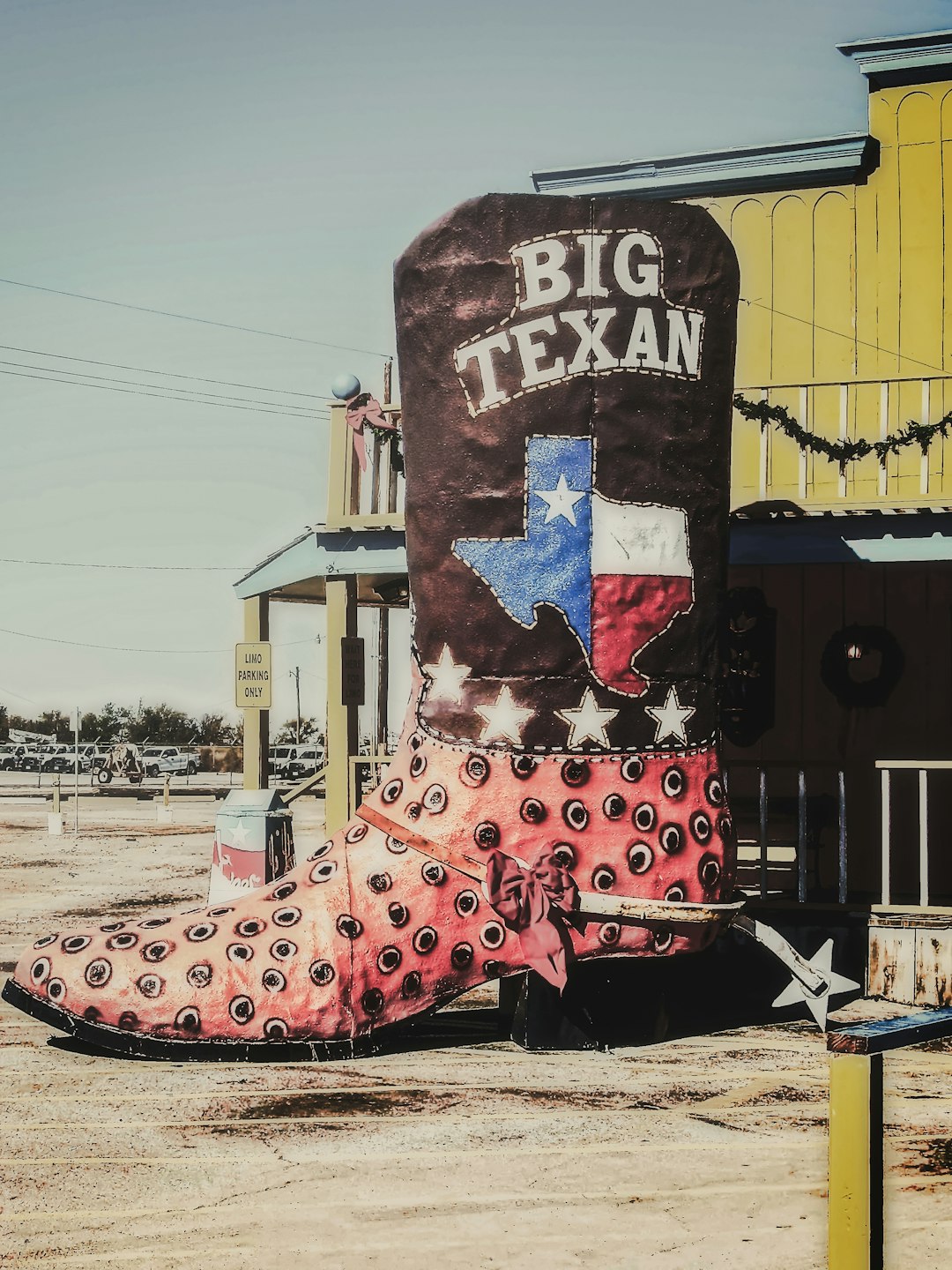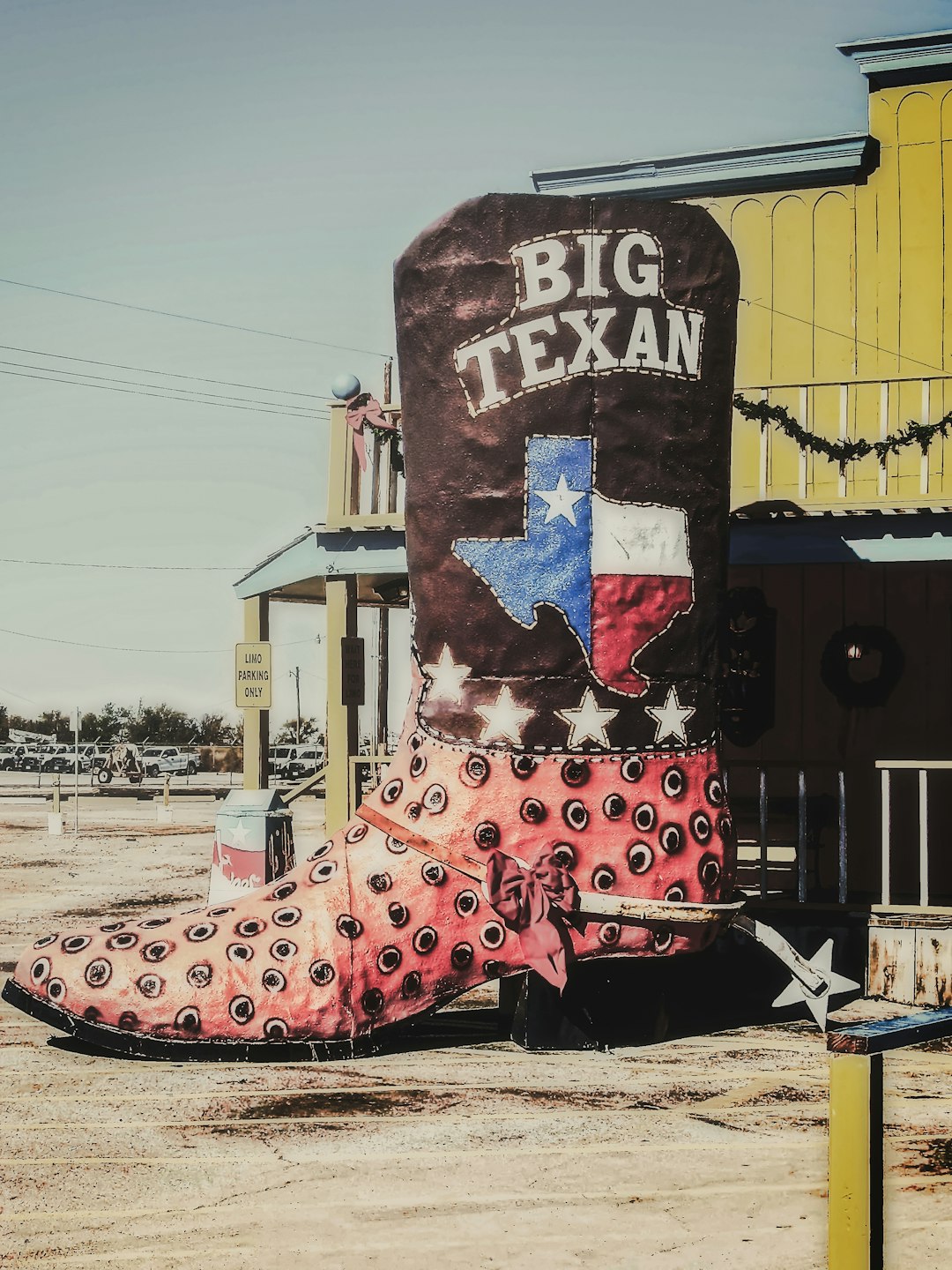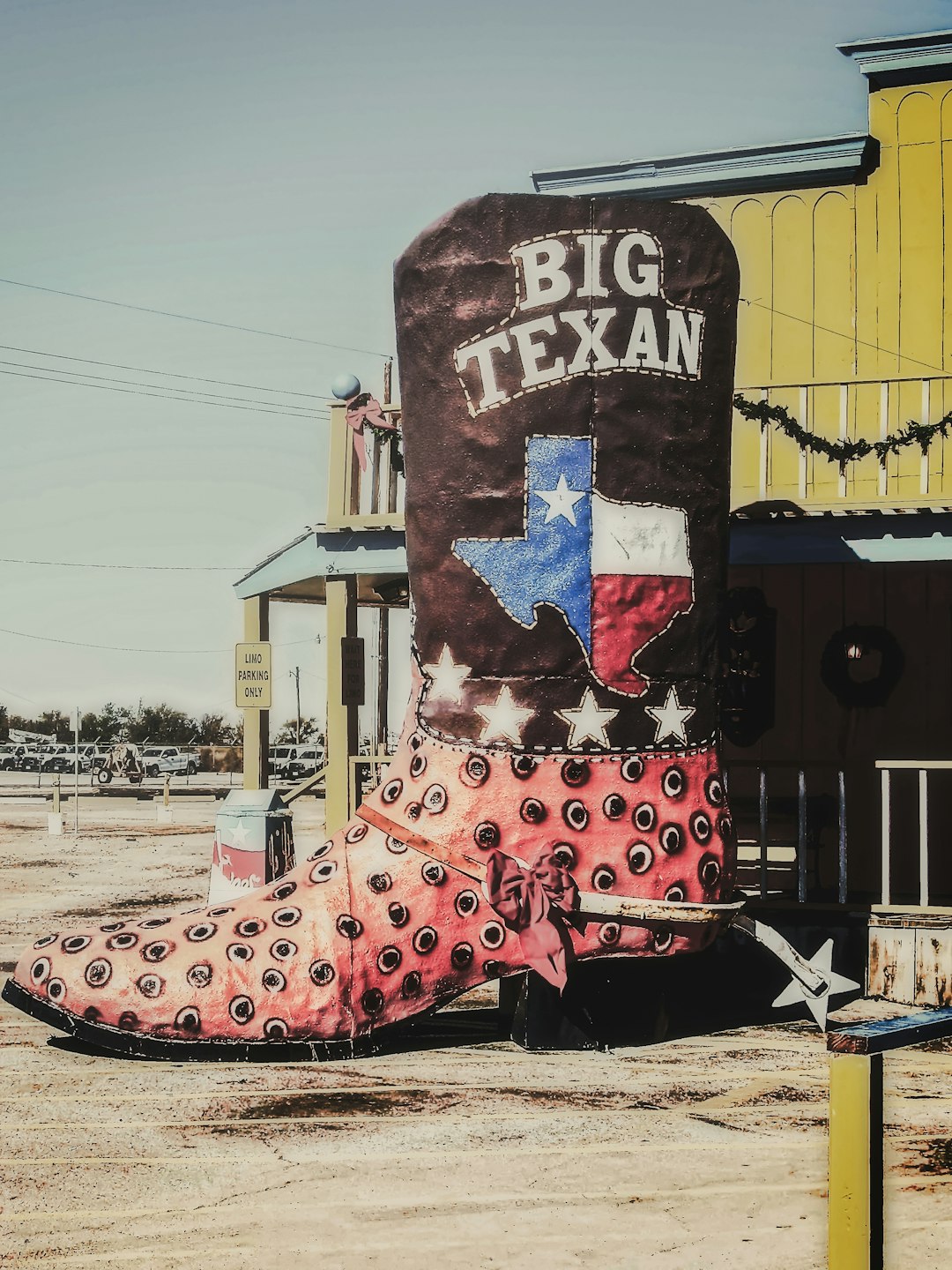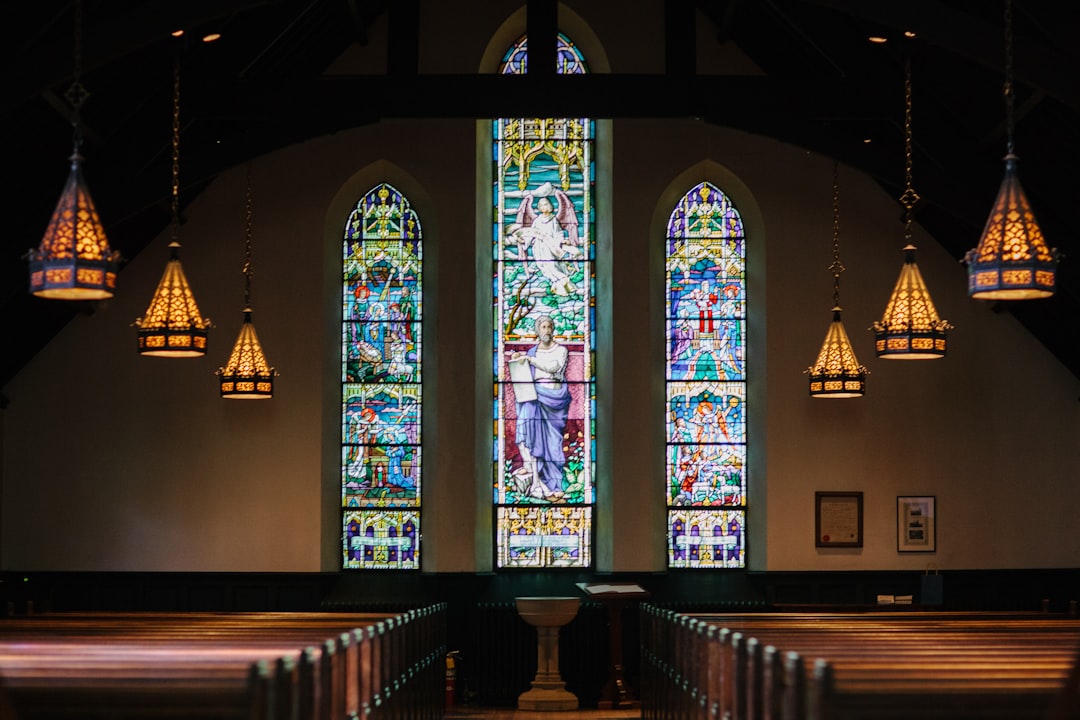Victims of clergy abuse in Texas need specialized lawyers to navigate complex legal matters. These attorneys provide crucial support, ensuring victims understand their rights and options, including civil lawsuits against perpetrators or organizations. With meticulous evidence gathering and a compassionate approach, they pursue justice, compensation, and institutional reforms to prevent future harm, emphasizing the importance of a skilled clergy abuse lawyer in Texas.
In Texas, clergy abuse victims deserve justice and support. Navigating complex legal landscapes can be daunting, especially within the sensitive realm of religious institutions. A skilled attorney specializing in clergy abuse cases is crucial for holding accountable those who have committed such heinous acts. This article explores how a knowledgeable lawyer can guide survivors through understanding their legal rights, building robust case strategies, and providing much-needed support in pursuit of justice. For Texans seeking redress, discovering the right clergy abuse lawyer is a vital step towards healing.
Navigating Complex Clergy Abuse Cases in Texas

Navigating complex clergy abuse cases requires a lawyer with specialized knowledge and experience. In Texas, where religious institutions enjoy certain legal protections, victims of clergy sexual abuse face unique challenges. A skilled attorney understands these nuances and can help clients overcome barriers set by confidentiality agreements and statutory limitations.
With extensive research and trial expertise, they can build compelling cases that hold accountable those who have caused harm. They advocate for victims’ rights, ensuring they receive the justice and support they deserve. Engaging a clergy abuse lawyer in Texas is crucial for navigating these complex legal matters effectively.
Understanding the Legal Rights of Victims

Understanding your legal rights is a crucial step for victims of clergy abuse in Texas. A skilled attorney specializing in these cases can help navigate the complexities of state laws and religious organization policies, ensuring that victims are aware of their options and protections under the law. In Texas, clergy members have a duty to maintain safe environments for those they serve, and any violation of this trust can be grounds for legal action.
A competent clergy abuse lawyer in Texas will guide victims through the process of filing civil lawsuits against perpetrators or organizations that failed to protect them. They will collect evidence, interview witnesses, and construct a strong case based on state laws related to personal injury, negligence, and sexual harassment. The goal is to secure justice, compensate victims for their suffering, and hold accountable those who have caused harm.
Building Strong Case Strategies for Justice

A skilled attorney handling Texas clergy abuse cases knows that building a strong case strategy is paramount. They begin by meticulously gathering evidence, including documentation, witness statements, and relevant legal precedents. This foundation is crucial for presenting a compelling argument that holds religious institutions accountable.
These attorneys also strategize to navigate the unique challenges of these cases. They recognize the sensitivity involved and tailor their approach to ensure clients feel supported while pursuing justice. By combining legal expertise with empathy, they advocate for victims, seeking fair compensation and institutional changes to prevent future abuse.
Supporting Survivors: The Role of a Skilled Attorney

When survivors of clergy abuse in Texas seek justice, the support and guidance of a skilled attorney can make all the difference. These legal professionals are instrumental in helping individuals navigate the complex and often sensitive nature of such cases. A knowledgeable clergy abuse lawyer in Texas understands the unique challenges faced by victims, providing them with the strength and resources to come forward and share their stories.
They offer more than just legal expertise; they become advocates for survivors, ensuring their voices are heard. These attorneys work diligently to protect the rights of clients, offering a safe space to discuss traumatic experiences. Through careful handling and strategic planning, they guide survivors through the legal process, helping them achieve justice and closure while fostering an environment that supports healing.






